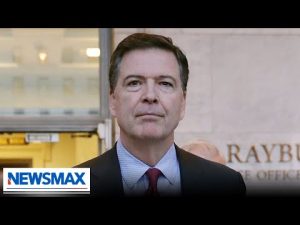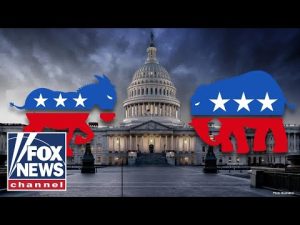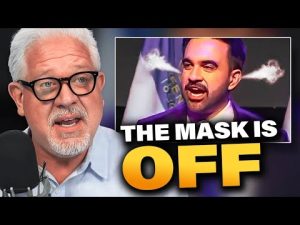In a spectacle that has captured Washington’s undivided attention, the Supreme Court took the stage to examine a pivotal case regarding the executive powers of the President—specifically, President Trump’s ability to impose tariffs. This case, brewing with intrigue, drew political heavyweights from both the Republican and Democratic wings of Congress to the courtroom. It revolves around whether these tariffs constitute taxes, and if so, whether the power to tax rests solely with Congress, as per the Constitution. For those who keenly observe the scales of power, this case may very well redefine the scope of presidential authority.
Within the hallowed halls of justice, justices from all sides engaged in cerebral showdowns, challenging the arguments presented with no less fervor than a Super Bowl rivalry—not exactly what one expects from the cloistered demeanor of the Supreme Court. Even those justices considered conservative seemed to carry their skepticism into the fray, posing razor-sharp questions that pierced through the layers of legalese to touch the heart of the matter. Justice Kavanaugh and Justice Barrett, stalwarts on the bench, queried the logic behind allowing the President the sweeping power to halt trade entirely while questioning the rationality of using those powers over something as seemingly mundane as a 1% tariff.
Some may say the courtroom theatrics were ripe for the stage, but the essence remained: does the law empower or restrict? Justice Jackson vocally championed a view that Congress intended to rein in presidential powers, not to grant a blank check for economic actions. Her stance mocked the notion that Congress would script a law allowing one individual to play a solo with the economy’s strings—a tune Democrats would likely shudder to hear.
Justice Barrett, adept at invoking imagery, warned that this kind of largess would be as tricky to navigate as a political minefield—equally entertaining as it was treacherous. The risk being greater, she implied, than allowing a toddler with scissors to trim the curtains—a mess that no one wants to clean up, regardless of political allegiance. Her comments subtly underscored the potential chaos that could ensue if the Court were to embolden unchecked executive actions under the guise of emergency powers.
As the nation waits with bated breath for the Court’s decision, there’s anticipation mixed with a dash of trepidation. The implications of this case, set against the backdrop of a divided government, could redefine how far-reaching the President’s powers truly are. Is the President wielding a shield, or is he unsheathing a blade meant for more than ceremonial cutting of ribbons at new steel mills? Only the verdict will reveal whether this is a reaffirmation of checks and balances, or if it’s an encore that allows the White House soloist to continue his symphony, tariffs and all.







